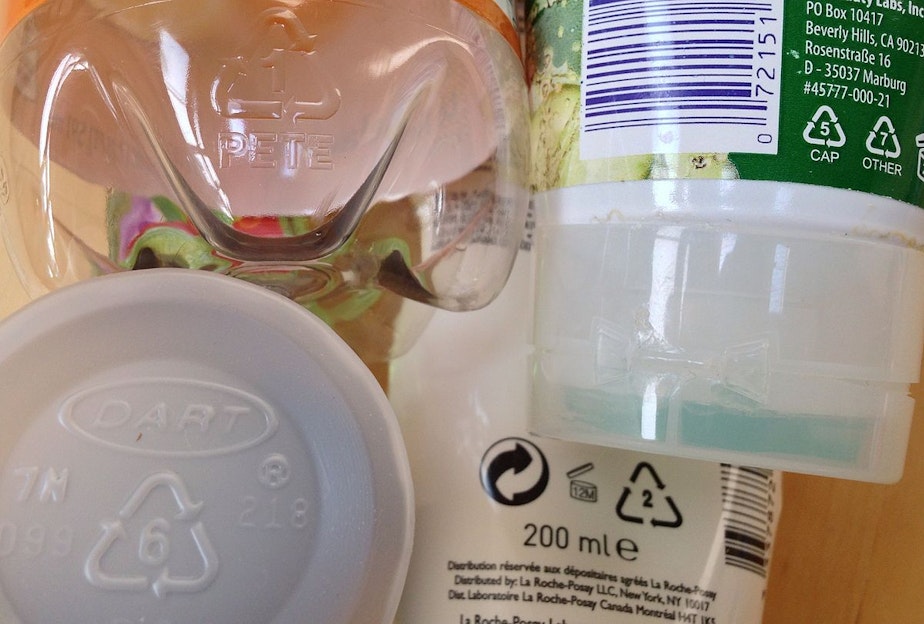Kids most vulnerable to chemicals in food, packaging

Pediatricians are urging Congress to give the U.S. Food and Drug Administration authority to collect more data on chemicals in food.
A new report by the American Academy of Pediatrics says synthetic chemicals used as additives and in food packaging are harmful to kids.
Children are more susceptible to these chemicals because their organs are still developing.
“Kids are not little adults,” said Dr. Sheela Sathyanarayna, associate professor of pediatrics at the University of Washington, and co-author of the report. “What we’ve learned in medicine over time is that what you’re exposed to early in life can really affect later health outcome.”
Many chemicals used in food packaging such as bisphenols (BPA), phthalates, and perfluoroalkyl chemicals (PFCs) negatively affect children’s development, including the timing of puberty.
Thousands of chemicals used in food manufacturing were federally approved decades ago. There’s no obligation to update the Food and Drug Administration with new information.
“There are so many chemicals that are added into foods where we don’t have any toxicity data at all,” said Sathyanarayna.
To reduce exposure to these chemicals, Sathyanarayana recommends eating whole, fresh foods. Avoid heating foods in plastic containers, especially those with recycling codes 3, 6 and 7.

